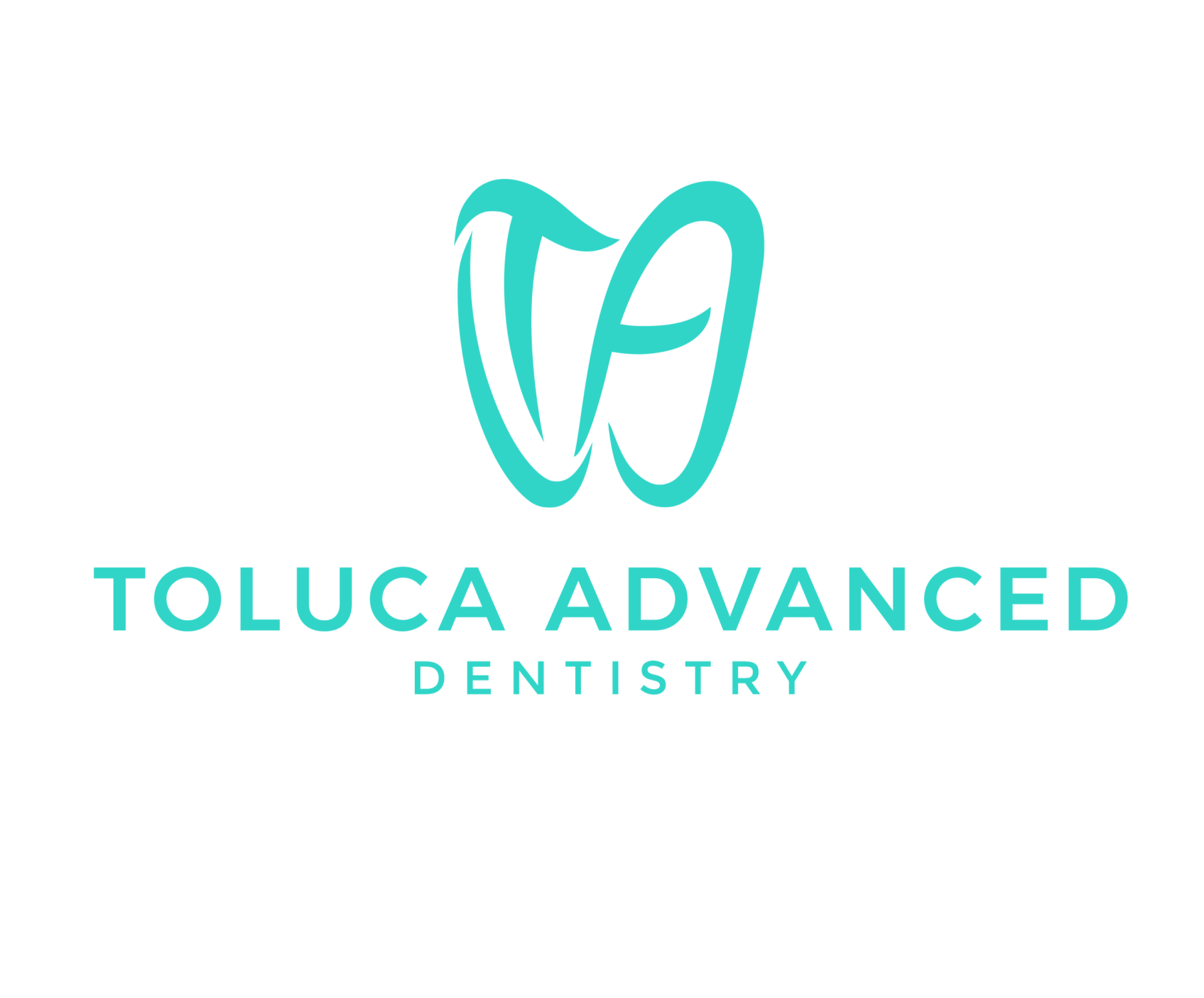Ideally, before you get pregnant, fix all the problems that your teeth have so that you do not have acute problems after pregnancy. If you need to see a dentist during pregnancy for your dental problems, you need to talk about this. Talk to your obstetrician and gynecologist for instructions on what to follow, and when you see a dentist, be sure to discuss your pregnancy and the medications you are taking with your dentist. Your dentist will change the course of your treatment depending on your condition and the medications you are taking. For example, when using X-rays, steps should be taken to protect the fetus as well as the mother’s thyroid gland.
The first and third trimesters of pregnancy are the most important and crucial periods of fetal development. During this period, any exposure to environmental hazards can have terrible effects on the child. In dental implant treatments, the first step is to evaluate the height, thickness, and bone density of the patient’s jaw, as well as the degree of coordination of the final prosthesis with the implant route. Due to the presence of different arteries and nerves in the jawbone, it is necessary to carefully determine the path of these vital components to reduce the possibility of further damage. This shows the importance of pre-implant imaging. Because dental implant procedures require a powerful X-ray examination and anesthesia is also performed during implant surgery, most dentists advise mothers to wait until the second trimester for their teeth to heal. If possible, wait until after the baby is born to ensure that the fetus is not harmed in any way.
But if the mother’s teeth are too damaged, it is necessary to treat the teeth as soon as possible, because holding them causes the mother’s immune system to be weakened too much, and this process may affect the fetus.
It is very important for pregnant women to follow regular oral hygiene diets during pregnancy to make sure their teeth are not damaged during pregnancy. If a woman suffers from illness and vomiting excessively during the morning during pregnancy, it is recommended to use appropriate toothpaste and use mouthwash to brush her teeth to prevent the occurrence of bacteria in the mouth and increase the risk of infection. Be prevented. Oral health during pregnancy is very important for the overall health of expectant mothers and their babies.
Pregnant women should always avoid any sweet snacks because carbohydrates cause bacteria to grow. It is better to use dairy products to have stronger and healthier teeth in the mother and growing child. In general, in any situation, especially during pregnancy, brushing teeth, flossing, and regular visits to the dentist, are the key and important factors of oral health. Your teeth generally affect your body. After the baby is born, any surgery necessary for dental implants and other regular oral examinations can continue.


